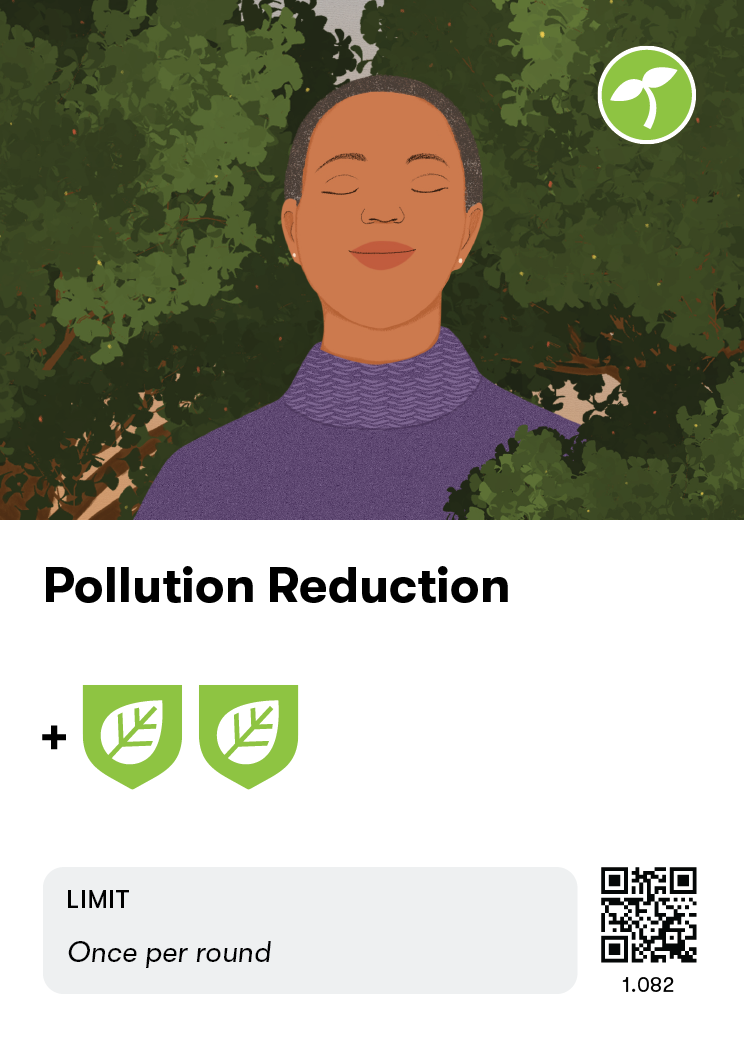Pollution Reduction
Local Project
In 2019, pollution caused one in six deaths worldwide, with 92% of pollution-related deaths occurring in the Majority World. The World Health Organization (WHO) estimates that 90% of the world's population is breathing polluted air, and that air pollution is responsible for 7 million premature deaths each year. The most affected regions are Asia and Africa, with 9 out of 10 cities exceeding the recommended pollution levels. Globally, 80% of wastewater is discharged into the environment untreated, with major health and environmental consequences.
The best way to reduce pollution is to limit the amount of pollutants released into the environment. Pollution reduction requires urgent attention from governments and industries worldwide. They can implement regulations and standards to control emissions from factories, power plants, vehicles and farms, for instance.
Increasing the use of cleaner technologies also reduces pollution. Renewable energy sources like wind and solar can replace fossil fuels, which produce polluting gasses when burnt. Public transportation systems can abate pollution in urban areas. Individuals can also contribute by reducing their energy consumption, using public transportation, or reducing meat consumption. Reducing pollution requires a collaborative effort from governments, industries, and individuals, and the benefits are well worth the effort.
Add 2 Ecological Resilience tokens to your player board.
You may take this action once per round.

A global response to pollution (UN Environment Programme, UNEP)
Pollution Prevention (US Environmental Protection Agency, EPA)
Zero pollution action plan (European Commission)
Reduce, Reuse, Recycle – Following such a basic attitude reduces waste, natural resources use and pollution. Campaign for your waste service provider to run composting and recycling services.
Campaign for your local government to design and create public transport routes, bike lanes and safe, shady pedestrian and wheelchair-access routes - then use them.
Pressure politicians and campaign for the end to fossil fuel extraction and burning, which are leading causes of air pollution.
Reduce material and energy consumptions by using energy-efficient appliances like LED light bulbs, energy-efficient air conditioners, and refrigerators.
Reduce plastic usage by choosing reusable bags and containers, drinking tap or filtered water, and buying products in bulk.



